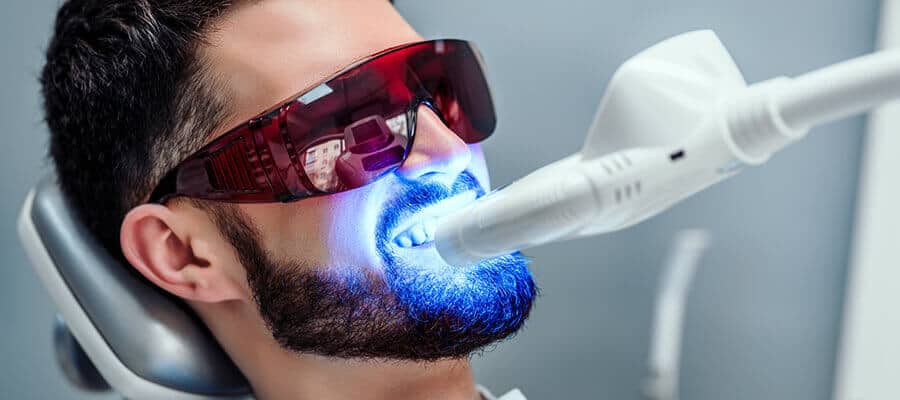
Sensitive Gums? Here Are 4 Things You Can Do To Improve Your Oral Health

Gum sensitivity can create a host of issues for patients with this condition. In fact, many individuals avoid certain dental hygiene-related activities, such as flossing, to prevent pain. However, failing to maintain proper dental hygiene can actually exacerbate gum sensitivity and lead to additional oral health issues. Dr. Rader knows that minimizing pain is key to many patients. Ahead, he provides useful tips for improving your oral health for those with sensitive gums.
Prioritize Flossing
Flossing is a core part of an effective dental hygiene routine, but those with sensitive gums often skip this step. Doing so could jeopardize your oral health in the long run. Plaque is the sticky substance that forms on the teeth daily; if it is not removed through methods such as flossing, it hardens into tartar, which further irritates sensitive gums and can only be removed by a dental professional. Daily flossing can keep harmful plaque and tartar at bay.
You should also ensure you are closing correctly by firmly pulling the floss and gently working around the gum line to effectively remove plaque buildup.
Use Gentle Brushing Techniques
Choose the right toothbrush for your needs: Proper brushing starts with choosing the right toothbrush. Bristles that are too hard can lead to gum irritation, so it is important to make your selection based on gum health and sensitivity. Likewise, employing the correct brushing technique can save you from gum damage and more sensitivity down the line.
Position the brush at an angle: Try to position your toothbrush at a 45-degree angle towards the gum line, which is where hard-to-reach plaque collects.
Make gentle circles while brushing: Gently sweeping motions are effective at removing leftover food particles without compromising the health of your gums.
Avoid brushing with distractions: When distracted, it is easy to lose focus on your brushing technique and slip into old habits, such as brushing too aggressively. Remove these distractions and concentrate on gentle, effective brushing.
Examine the gums: After brushing, inspect your gums for any signs of irritation or redness, as this could indicate the presence of gingivitis.
Look Out For Signs of Gingivitis
Your gum sensitivity could be linked to early-stage gum disease, known as gingivitis. The symptoms of this condition may not be apparent at first, but as it progresses, you may notice that your gums are sensitive, red, swollen, or bleed easily, even when brushing gently. Gingivitis is the body’s natural response to plaque and tartar buildup, which you can prevent with good oral hygiene.
Healthy Gums in Sevierville
Maintain the health of your gums with these tips, as well as regular dental checkups with Dr. Rader. If you are experiencing gum sensitivity, don’t delay treatment. Schedule an appointment by calling our office or using the online form.






